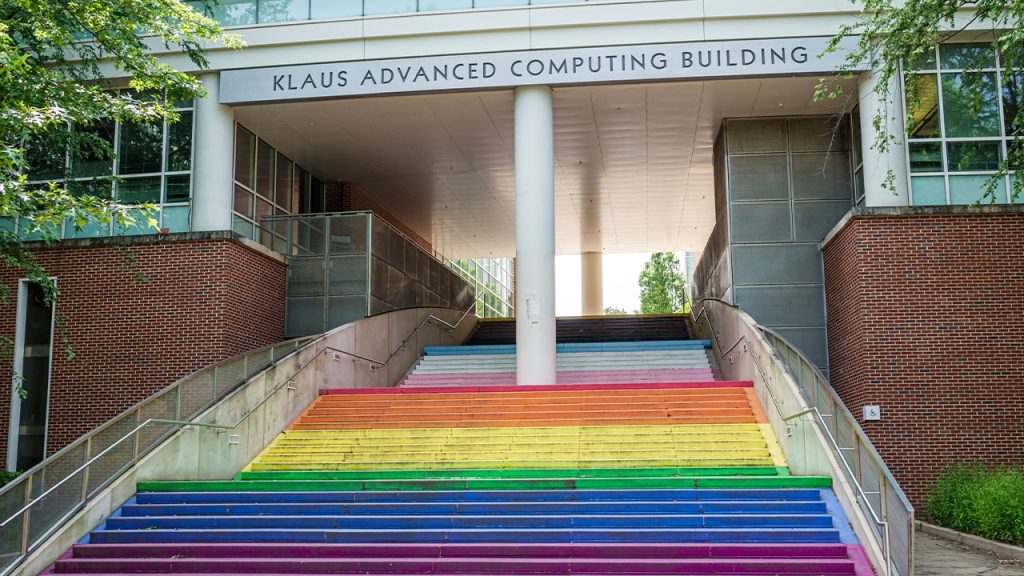The landscape of higher education in the United States is undergoing a significant transformation, with a growing wave of opposition to Diversity, Equity, and Inclusion (DEI) initiatives. Six states, spearheaded by Republican governors but notably including one Democratic governor, have enacted legislation in 2024 either banning or severely restricting DEI programs in public colleges and universities. This marks a significant escalation in the ongoing debate surrounding DEI, with critics arguing that these initiatives promote a left-wing ideological agenda while proponents champion them as crucial for fostering inclusive and equitable learning environments. The legislative actions taken in these six states represent a variety of approaches, ranging from outright bans on DEI offices and training programs to restrictions on specific concepts and practices associated with DEI.
The states at the forefront of this movement include Alabama, Idaho, Iowa, Indiana, Kansas, and Utah. These states have implemented a variety of measures targeting DEI, reflecting the diverse concerns and motivations driving the anti-DEI movement. Some states have focused on prohibiting the use of DEI in hiring and admissions processes, while others have taken a broader approach, targeting DEI offices, training programs, and even specific concepts deemed “divisive.” The legislative language used in these bans often highlights concerns about compelling individuals to accept certain viewpoints or promoting a sense of guilt based on their identity characteristics. This suggests a core concern among critics that DEI initiatives can veer into compelled speech and promote a culture of blame rather than fostering genuine understanding and inclusion.
Utah’s legislation, for example, prohibits institutions from engaging in “discriminatory practices” that ascribe responsibility for past actions based on shared identity characteristics. This reflects a broader critique of certain DEI practices that focus on collective guilt or responsibility based on group affiliation. Alabama’s law similarly bans the promotion of “divisive concepts,” including the idea that individuals should feel guilt or apologize based on their identity. These legislative efforts underscore a growing concern that DEI initiatives can be used to promote specific ideological viewpoints, potentially creating an environment hostile to intellectual diversity and open discourse.
Indiana’s approach has focused on increasing “intellectual diversity” within state educational institutions, suggesting a concern that DEI initiatives may stifle dissenting opinions or create an echo chamber effect. Kansas, under its Democratic governor, adopted a more targeted approach, prohibiting DEI practices in faculty hiring and student enrollment processes, while expressing reservations about the broader implications of the legislation. This highlights the complex political landscape surrounding DEI, with even some proponents acknowledging potential downsides or abuses of these initiatives.
Iowa’s legislation takes a particularly detailed approach, explicitly prohibiting the promotion of a wide range of concepts associated with DEI, including unconscious bias, cultural appropriation, and microaggressions. This highly specific language reflects a concern that certain DEI concepts are overly subjective, lack empirical basis, or can be used to stifle free speech and academic inquiry. Idaho’s recent resolution further reinforces this trend, directing institutions to dismantle dedicated DEI offices and programs while prohibiting mandatory declarations of gender identity or preferred pronouns. This highlights the growing push to limit the scope and influence of DEI initiatives within higher education.
The actions taken in these six states represent a significant escalation in the ongoing debate surrounding the role of DEI in higher education. While proponents argue that DEI initiatives are crucial for creating inclusive and equitable learning environments, critics contend that they often promote a divisive and ideologically driven agenda. The varying approaches taken by these states reflect the diverse concerns and motivations driving the anti-DEI movement, ranging from concerns about compelled speech and intellectual diversity to critiques of specific DEI concepts and practices. As this debate continues to unfold, it will have a profound impact on the future of higher education in the United States, shaping the way institutions address issues of diversity, equity, and inclusion.

